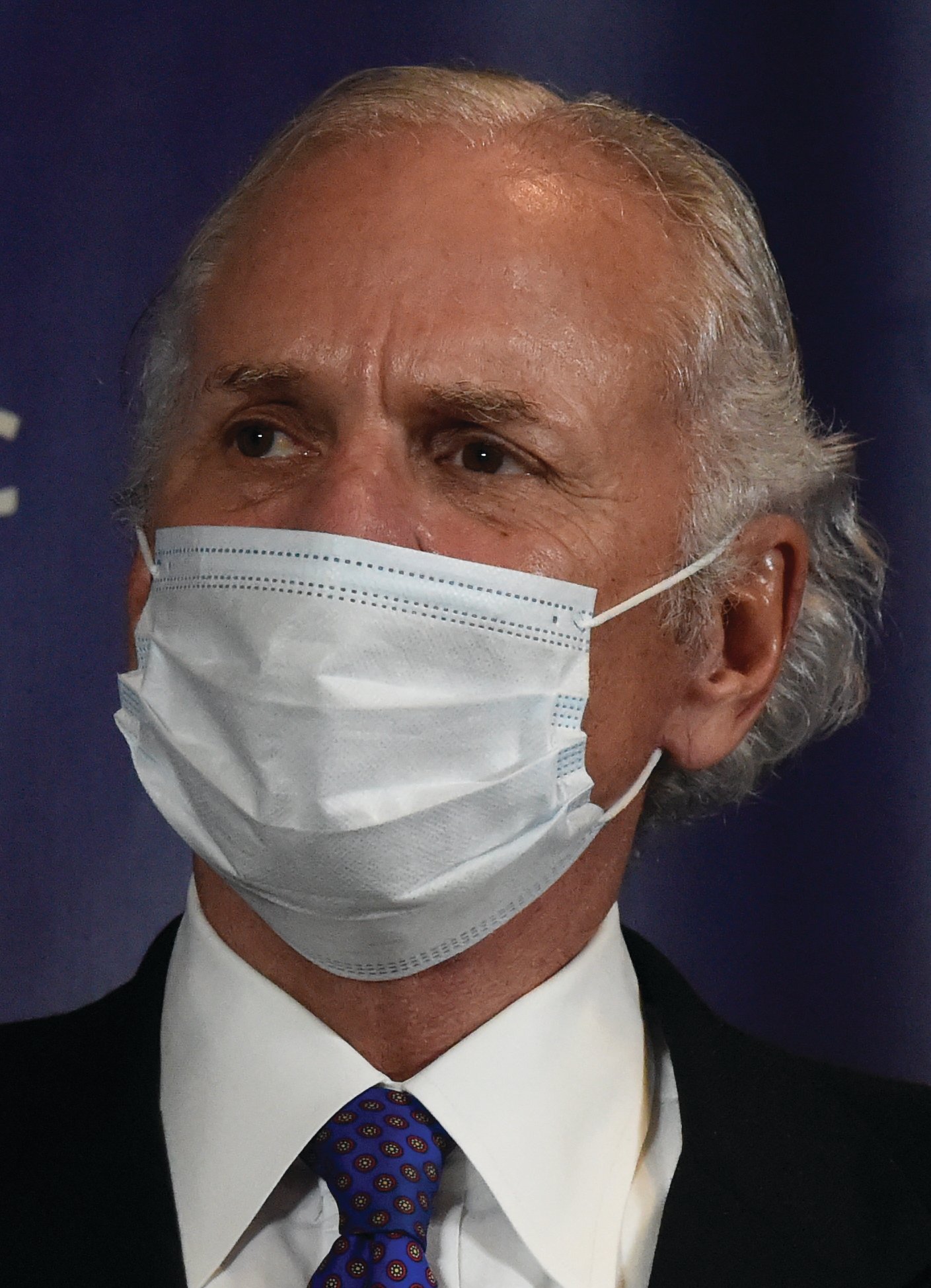State's high court rejects private school virus aid plan
$32M of public money would have gone toward private, religious facilities
Associated Press/Report for America
COLUMBIA - The South Carolina Supreme Court ruled Wednesday a program created by Gov. Henry McMaster to allocate $32 million in federal pandemic aid to private and religious schools is unconstitutional because the public money would directly benefit the schools.
In the court's opinion, Chief Justice Don Beatty acknowledged the effects of the coronavirus pandemic on the lives of South Carolinians and the state's education system, and the "unprecedented challenges" faced by state leaders including McMaster. But the difficulties of the pandemic could not dictate the court's decision, Beatty wrote.
"Rather, no matter the circumstances, the Court has a responsibility to uphold the Constitution," Beatty wrote.
The ruling comes days after congressional leaders called on the U.S. Department of Education to review the program, which they labeled "a voucher scheme," arguing it violated "the plain text" of the coronavirus aid package and guidance provided by the federal department.
McMaster, a Republican, unveiled the plan for Safe Access to Flexible Education, or SAFE, grants in July at a religious school in Greenville. The governor said the one-time program would cover about 5,000 grants of up to $6,500 for students to attend private schools this academic year and would help parents who could not afford the expense otherwise.
In a lawsuit filed shortly after McMaster's announcement by groups that eventually included the Orangeburg County School District and the South Carolina Education Association, petitioners argued the governor's program violated the South Carolina Constitution, which prevents public dollars from directly benefiting religious or other private education institutions.
Attorneys for McMaster said the groups couldn't show how they were personally injured by the program because public schools were not inherently entitled to the funds. They said the funds only indirectly benefited the schools while directly benefiting the students and families who would receive the tuition grants.
The program constituted the majority of the $48 million in discretionary education dollars granted to McMaster by the federal Department of Education. An additional $2.4 million designated by McMaster for technology improvements to historically Black universities and colleges in the state was also on pause because of the lawsuit.
"This is an important decision that upholds the integrity of our public education system," said Skyler Hutto, the attorney representing the plaintiffs. "In a time when faith in the judicial system may be waning, the people of South Carolina can have confidence in their Supreme Court to protect them."
McMaster said Wednesday he would request the court reconsider its decision, noting the opinion could also jeopardize millions of federal aid dollars recently appropriated by the state Legislature to directly reimburse private colleges and HBCUs.
"I remain committed to providing educational opportunity for lower-income families and families with special needs at public and private kindergartens, schools, and colleges," McMaster said in a statement.
More than 15,000 families have expressed interest in grants, according to the Palmetto Promise Institute, which is listed as the owner of the online portal for the program and was also named in the lawsuit.
Lawson Mansell, a spokesman for the group, said in a statement that the court's decision erred "on several essential points."
"As a consequence, thousands of moderate and low-income South Carolina families hurt by COVID have been denied the relief they need for their children's education," Mansell said.
Meanwhile, the money in question has yet to reach South Carolina's coffers after a state judge temporarily blocked the program in July. The funds will expire next year if the state does not spend the money.
Republican governors in at least three other states - Florida, New Hampshire and Oklahoma - have directed their discretionary funds toward private schools. Elsewhere, governors also have spent their funds on Wi-Fi in school buses, tutoring from Teach for America recruits and mental health supports, according to the Hunt Institute at Duke University.
More Articles to Read

